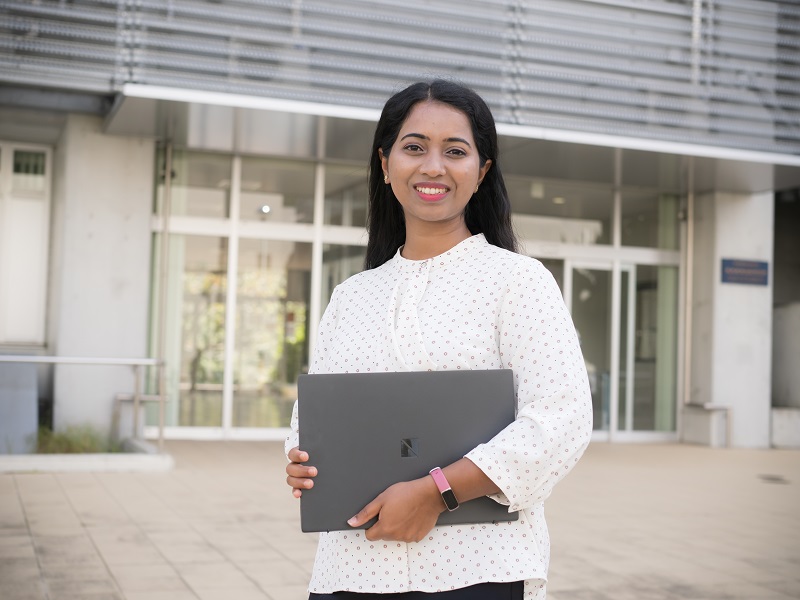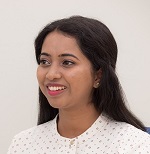Pragmatic experience for the future in a gender-equal research environment
Minimize the processing time from a few hours to a few minutes by effectively utilizing AI
A pathological diagnosis to check the existence of an illness or to specify its type requires collecting a specimen from a patient and then staining the specimen in order to highlight a particular tissue or lesion. However, we cannot conduct multiple staining on the same specimen. Therefore, technology can be used to convert the image of a stained specimen to another staining, but this conventional method takes a lot of time, cost, and labor.
I carry out research on image analysis technology using AI, especially deep learning, with the goal to realize more precise pathological diagnoses while minimizing the cost. By using my proposed method, one can complete a process in just a few minutes that used to take hours. Today, AI is often used in the field of entertainment, but my aim is to utilize its possibility for the sake of improving human health.
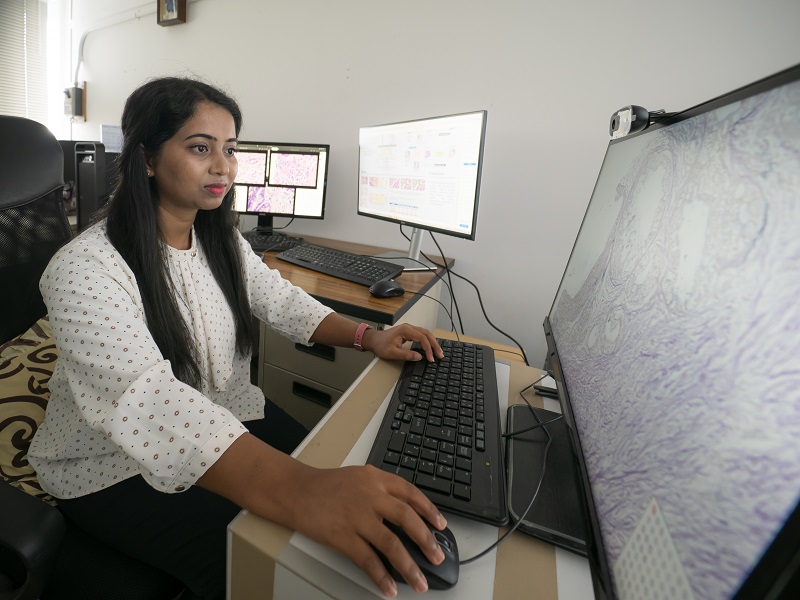
Taking on challenges outside our field of expertise is an opportunity to broaden our horizons
Among the various courses that WISE-SSS provides, some areas such as quantum computing were not my field of study, so I was a little worried. In the end, it was a very good experience to work on subjects outside of my major, since it enabled me to broaden my knowledge.
There are many male students in WISE-SSS, but both male and female researchers are treated equally. Moreover, I received a lot of warm support from everyone, so I haven’t felt a single moment of difficulty in any way since I came here.
In the future, I wish to stay in Japan and continue my research. Whether I acquire a research position in a company or remain in academia, I think it is important for me to obtain pragmatic experiences while participating in the WISE-SSS program.
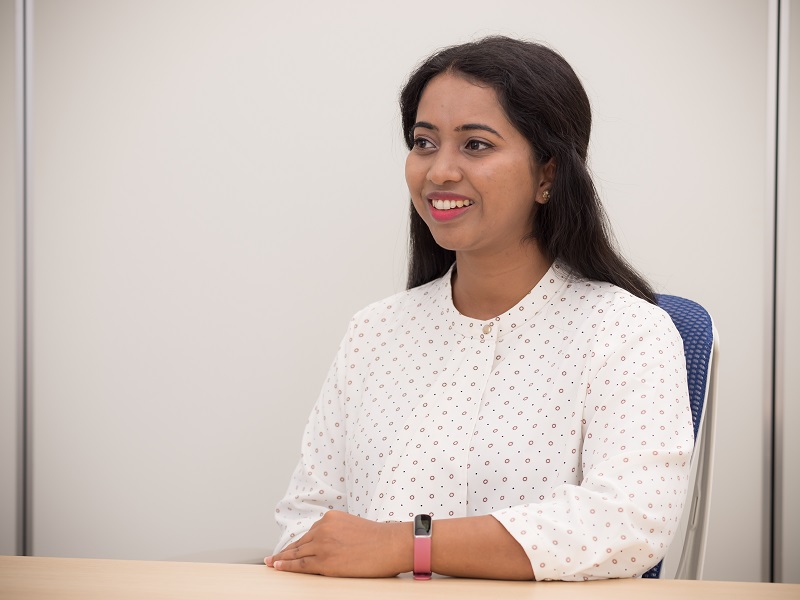
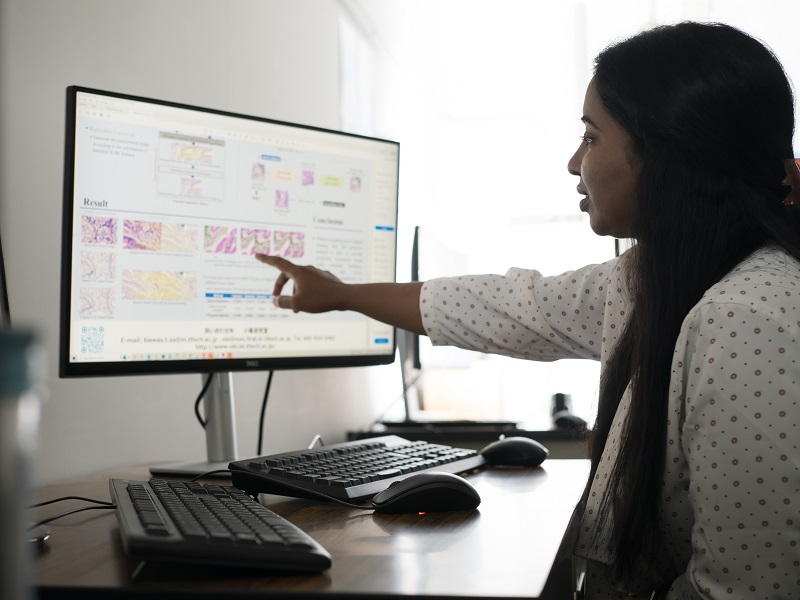
Profile
BISWAS Tanwi
Born in 1995, Biswas is from Khulna in Bangladesh. After graduating from KUET (Khulna University of Engineering & Technology), she worked in a network infrastructure company. She came to Japan in 2018. In 2020, she completed her master’s course in the Department of Information and Communications Engineering, School of Engineering, Tokyo Institute of Technology. She is currently in the third year of her doctoral program in the Human Centered Science and Biomedical Engineering Course, Department of Information and Communications Engineering, School of Engineering.
